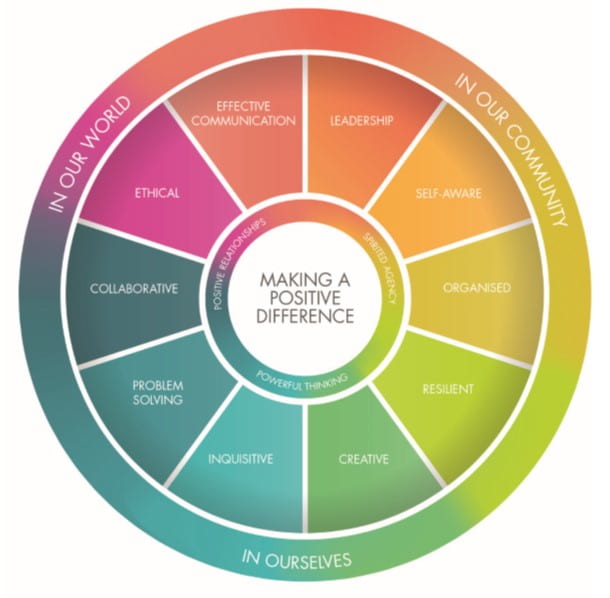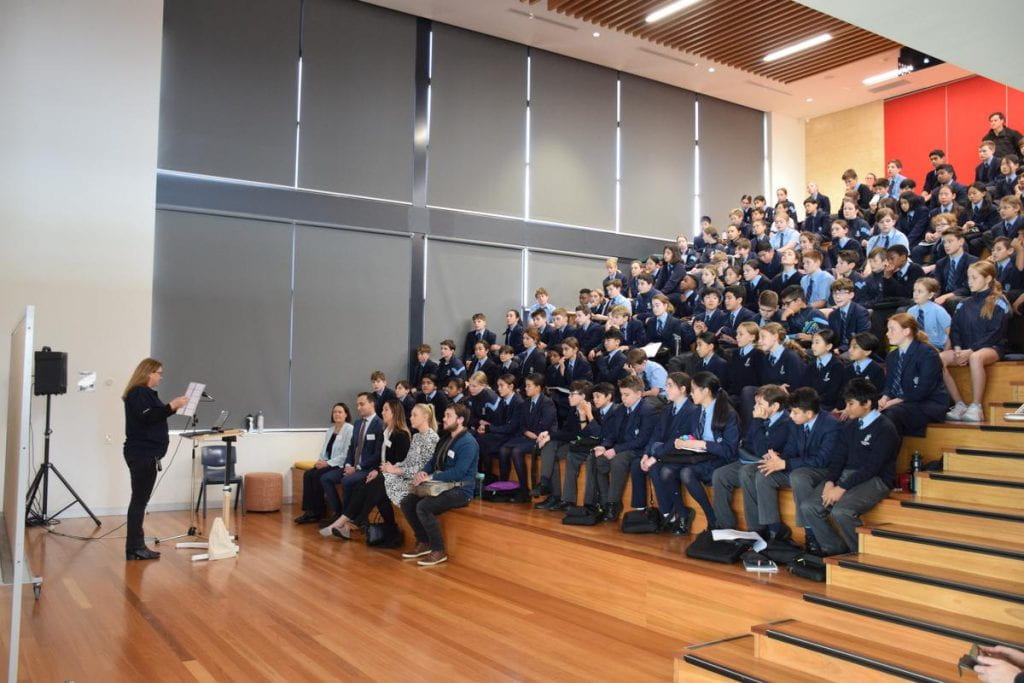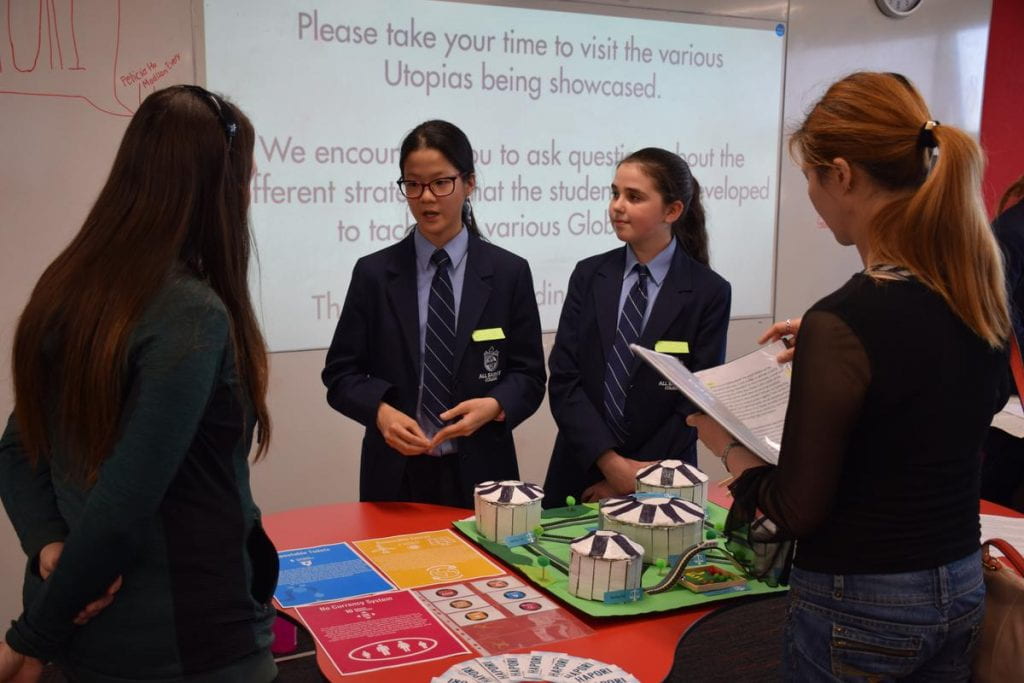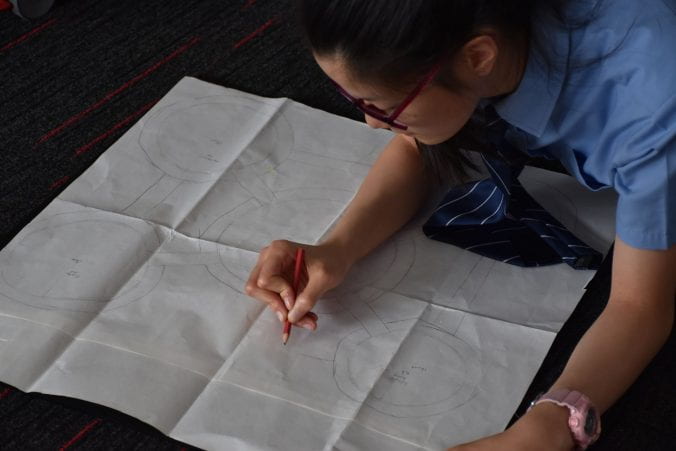Introduction
Project Utopia was an integrated task that involved application of knowledge gained in Humanities, English and Science. The project started with a novel study of the book Giver, learning the liveability factors and researching and making our sustainable houses. The UN Global Goals for Sustainable development brought this project to life. They gave us perspective into the real world and tied the liveability factors, the geography concepts, the civics and citizenship concepts and the sustainability and put them into a realistic context. Further along Project Utopia, we learnt about the importance of the Constitution, and we later wrote our own Constitution for our utopian societies, which we could name. Project Utopia put us all out of our comfort zones, and by applying the ASC capabilities and skills we already had, we were able to present our work over the 2 terms at an exhibition held after school for the teachers, parents and guests such as Mr Anthony Spagnolo ( Liberal Candidate for Riverton).

Right: The All Saints’ Capabilities Wheel that shows the various skills used in our world, our community and in our selves.
ASC Capabilities: Effective Communication and Organization.
Effective Communication
During Project Utopia, we had to apply our ASC capabilities. Particularly, we had to develop effective communication skills as we were working with partners for the entire span of the project. I feel that my communication skills were not as effective in the beginning as our group was functioning as 2 people working on the same topic, but this later changed. An example of this is that in the beginning we were working at different rates at different times and since some decisions were group decisions, we would wait until our next lesson to discuss it, which decreased our overall productivity. Knowing that lack of communication was hindering our productivity, we started communicating out of hours via teams. Our group improved our communication skills by creating a Microsoft team. This taught me that communication is a vital part of being a functional team so all our group members were on the same page and knew what they had to do.
Organization
Through out this project, our group kept a detailed to do list that had the task, the due date, the person completing the task and any extra details to remember. During InnovatED when we were three quarters through the project, our group Onenote and all it’s pages was shown on the large wall in the Year 5/6 building for the whole year group to look at. Apparently we were the most organized group and the teacher proceeded to show everyone our pages. I learnt that it is important to note down what you want to do otherwise you could forget and therefore not complete it. We also shared the workload and assigned various tasks to each member.

Right: Going through the slides as a year group in the Occupied Stairs
UN Global Goals
As part of Project Utopia, we learnt about the United Nations Global Goals and had to research creative, innovative solutions to the problems such as Zero Hunger or No Poverty. The solutions were called accreditations and had to be approved by the facilitators. We were required to gain at least 2, but a lot of groups aspired to gained more. This linked to a well-known saying: Quality over quantity. It showed me that the quality of the solution, including the effectiveness of the research and how original the idea was, was more critical than the amount of accreditations gained. This changed our mindsets and allowed us to focus on our progress rather than how many we gained compared to others. Having this in mind, our group was able to round out our concepts with research and present thoroughly though out ideas such as compostable toilets and a hybrid No Currency system for managing needs and wants.
A quick overview of the toilets and No Currency System
Toilets
The compostable toilet system in our Utopia are considered an innovative solution to Global Goal 6: Clean Water and Sanitation. We define Clean water and sanitation as having access to clean, affordable drinking water for all and a sanitary system for sewerage that is available to everyone. This means having a proper pipe/toilet and water recycling system. Currently, all the water shares the same pipe. They are treated if it’s grey water or pumped into the ocean if it’s black water. Black water is waste water and sewage from toilets. An open sewer looks like a bridge, but instead has pipes coming out of the bridge where sewerage comes out and then travels along the open pipe to be dumped in the ocean. Human waste production obviously isn’t something that you can eliminate or reduce the amount of so one must come up with something that doesn’t just involve dumping our waste where it apparently won’t affect us: the ocean. Instead of just pumping the waste into the ocean, which is harmful to the environment, compostable toilets “treat” the water onsite by turning your waste into compost which then can be used as normal compost. As we are a vegan society, our waste will have many good nutrients to help the plants thrive. This is because you can’t compost meat matter, but only organic plant matter. We won’t be able to manage the waste in an effective, eco manner. This eliminates pollutions, aids the life below waters and is over all a more eco option then dumping waste into oceans and rivers. Many diseases such as cholera will be eliminated.

No Currency System
This No Currency System (more formally known as Managing Needs and Wants) is aimed at Global Goal 12: Responsible Production and Consumption. Responsible Production and Consumption is finding a way to satisfy human needs and wants without destroying the planet in the process. With natural resources decreasing and more environments being destroyed for our wants and needs, responsible production and consumption is finding a solution to these problems. It is finding a way to reduce waste, a more environmentally friendly food production that everyone has access to, limiting resources used in production of human wants and needs and other things to do with responsible consumption. In our Utopia we have decided to have no currency, a decision made to stop poverty, promote helping the community and to ensure responsible consumption. With this in place one can not simply go to the shop and buy things they do not really need. Although this may seem great it does mean that people only get their needs, not wants. To stop this but still have no currency, we have a system in place. This system is that when someone decides that they want something that they do not have, a meeting is called. The meeting consists of a representative (of around 5-10 families that they all select). Before the meeting, families are welcome to come up to a person and tell them their opinion which the representative must bring up in the meeting. The meeting discusses whether the object of choice is needed, will make things easier in the community or fulfilling certain desires. If it passes (majority of representatives think it should be in the community) the object is given to everyone in the community. This means that citizens (unlike us) are not just getting things for the sake of getting things, wasting precious resources. Instead, to get something they want they go through a process to see if they need it or not, limiting the number of products unnecessarily produced. A downside to this may be the fact that the one produce is produced for everyone, using a lot more resources then if just one person got it.
Constitution
As part of civics and citizenships, we were required to write our own Constitution for our utopias. The Constitution was required to establish a government outlining our reasoning behind our rights and responsibilities for elected officials and community members, participation, decision making process and how rules/policies can be amended. To do better next time, I would note down my research and list where I got my ideas as there was a part of the rubric that was about supporting evidence. The problem was not that I didn’t research it was that we didn’t note it down on our planning document. For example, for our No Currency system, it was a combination of communism and a representative democracy. We discussed this with each other and we agreed that while communism eliminates poverty, it doesn’t allow for satisfaction of one’s individual greed. However, this relies on the people not moving a toe out of the line, and is very restrictive. It leads to eventual chaos, as the wealth is redistributed to make the rulers rich, and the people poor. So we fused the two government systems together, so that the terms rich and poor were eliminated, and people were still satisfying their greed; although we aimed to change their mindsets about spending on a whim. We also tied in separation of powers as we wanted the people to have the power, and to have everyone’s views heard. However, we didn’t just focus on the majority, but also on the minority.
Conclusion
By applying knowledge from various subjects and our ASC Capabilities, I was able to complete Project Utopia to the best of my ability. The main thing I learned about myself while completing Project Utopia was that I need to be more proactive. This means not responding to something after something has happened but trying to take charge of the situation while it is happening. If I was to complete Project Utopia again, I would try to improve my communication and collaboration skills so our group is all on the same page and we are not just communicating in class. What I liked about this project was that it integrated English, Humanities and Science. This is because I felt that it all linked together and it allowed us to apply our knowledge from different school subjects outside a test/exam environment. It was also very enjoyable and informative to share and present our knowledge to a different audience, which wasn’t just our peers or teachers.


